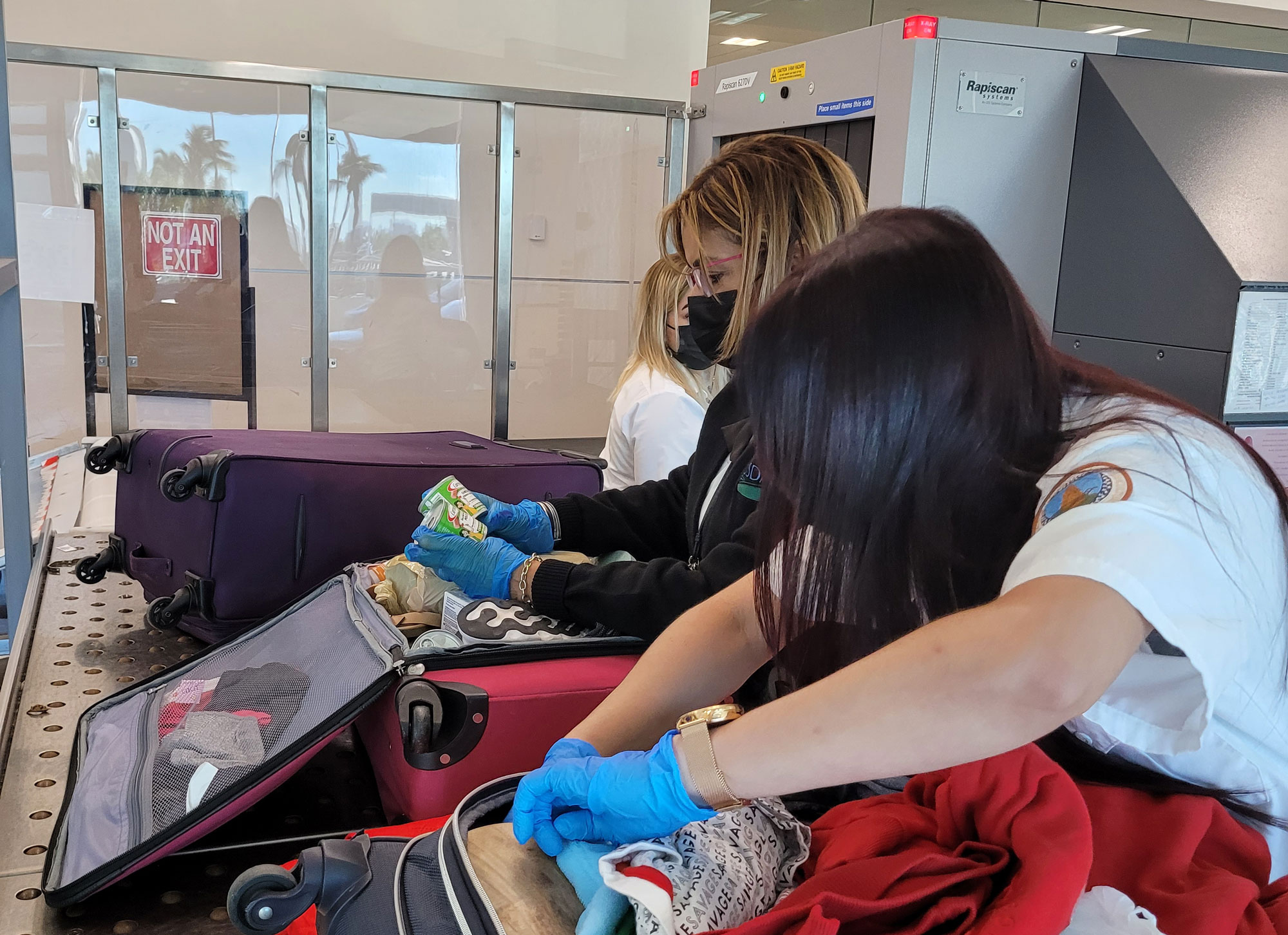USDA has a proven track record of protecting U.S. farmers from foreign animal and plant pests and diseases.
When African Swine Fever (ASF) was detected in the Dominican Republic and Haiti this summer, we swung into action and immediately enhanced existing exclusion efforts due to the proximity of the detections to Puerto Rico and the U.S. Virgin Islands. Working closely with federal partners, Puerto Rico, the U.S. Virgin Islands, and industry, we are actively:
- Enhancing ASF surveillance in Puerto Rico and the U.S. Virgin Islands;
- Expanding an existing classical swine fever sampling program to include ASF;
- Implementing an enhanced outreach program in Puerto Rico and the U.S. Virgin Islands, to remind residents not to bring in foreign pork and pork products from ASF-affected countries;
- Working with U.S. Customs and Border Protection to increase inspections of Dominican Republic flights for prohibited products and ensure proper disposal of airplane garbage;
- Continuing efforts to remove urban Puerto Rican feral swine
To further protect U.S. swine production, we suspended the interstate movement of all live swine, swine germplasm, swine products, and swine byproducts from Puerto Rico and the U.S. Virgin Islands to the U.S. mainland. We also established an OIE-recognized foreign animal disease protection zone (PZ) around Puerto Rico and the U.S. Virgin Islands to prevent disease entry and protect mainland producers and their markets.
We are providing the Dominican Republic with important technical assistance, particularly laboratory expertise, as part of a surveillance program and working with them to determine next steps.
Here at home we’ve reached out to domestic producers to remind them of the critical importance of biosecurity on US farm and are working with our partners in the Agricultural Research Service on promising vaccine research. Our experts are examining possible ASF-introduction pathways and identifying risk-reducing strategies.
We will continue to take these and any other actions necessary to protect our valuable pork industry.
We encourage travelers, producers and veterinarians to check out the ASF Information on our website.

